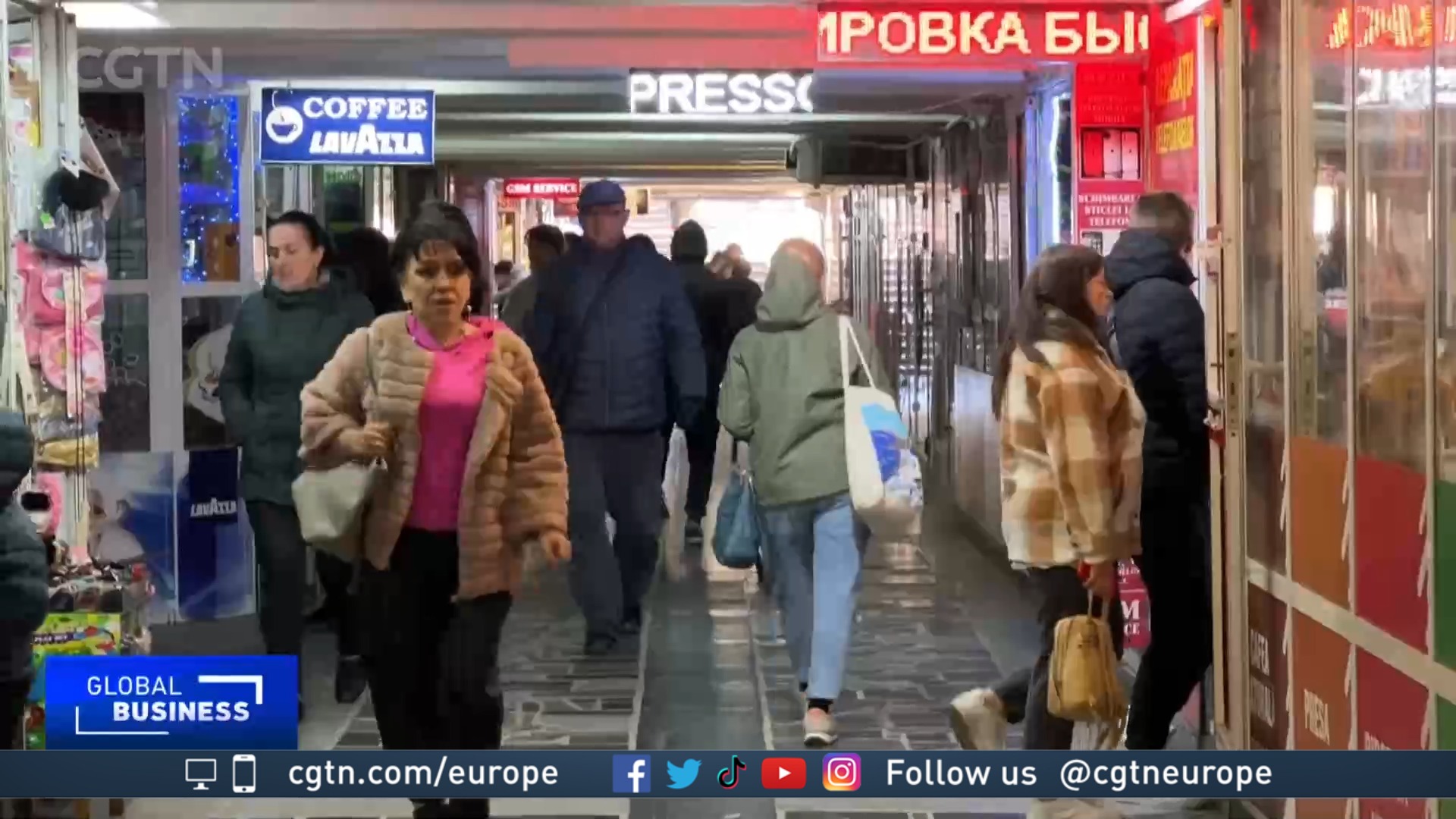02:05

Anti-government protests in Europe's poorest country are escalating. After tens of thousands of Moldovans hit the streets five weeks in a row, the police intervened last Sunday and dismantled a protest camp which was set up in front of government buildings. Images of policemen beating tents and arresting demonstrators went viral.
Were the protesters paid by Russia?
International media reported that a pro-Russian group paid these protesters to camp alongside the capital's main boulevard, referring to opposition leader Ilan Shor. While it has not been confirmed that Shor supports the current Russian administration, the businessman admitted to CGTN that he "compensated protesters for travel and food." Several demonstrators told local media they had received $100 for each night they slept in a tent.
Shor, who is currently under investigation for an alleged billion-dollar theft, said that "protesters participated because of despair, because of their hard live, and the police just beat them."

Opposition leader Ilan Shor denied "paying protesters for participating" but admitted "compensating them for travel and food"/CGTN/Ilan Shor
Opposition leader Ilan Shor denied "paying protesters for participating" but admitted "compensating them for travel and food"/CGTN/Ilan Shor
Government blames "corrupt opposition" and Moscow
According to interior minister Ana Revenco, the protests are organized by corrupted interest groups and people who are seeking to escape justice. "They are exploiting the vulnerability of people - the economic vulnerability that is connected with the energetic blackmail that Moldova is subject to, including by Moscow," Revenco, an independent non-party politician, told CGTN.
Russia's Gazprom has been gradually reducing its natural gas deliveries to the small Eastern European country which in June was granted candidate status for EU membership. It is still unclear how Moldova will handle this winter.
German media outlet DW quoted Moldova's president Maia Sandu telling the Ria Novosti news agency that protesters promised Moscow they would remove the country's pro-European leadership and establish a new one that would allow Russia to involve Moldova in the war.

In Chisinau's Botanica neighborhood, people are struggling to make a living/CGTN/Johannes Pleschberger
In Chisinau's Botanica neighborhood, people are struggling to make a living/CGTN/Johannes Pleschberger
Highest inflation in Europe
Moldova is not only the poorest country in Europe, it also suffers the continent's highest inflation - which currently stands at 34 percent. People can barely afford basic groceries or heat their apartments for more than a few hours - the medium monthly wage is just $500.
Chisinau resident Ruslan Carmanu recently changed his diet: "I stopped buying meat or dairy products. I will eat more cereals, which are cheaper."
"It's almost impossible to have hope for a better life," Elena Esanu added.
More protests this weekend
In view of economic hardship, support for Moldova's government is dwindling while protesters are set to return to the streets on Sunday. "We won't stop our demonstration," Shor said as temperatures started to fall below freezing point.